Publications
Articles, publications, books, tools and multimedia features from the U.S. Institute of Peace provide the latest news, analysis, research findings, practitioner guides and reports, all related to the conflict zones and issues that are at the center of the Institute’s work to prevent and reduce violent conflict.
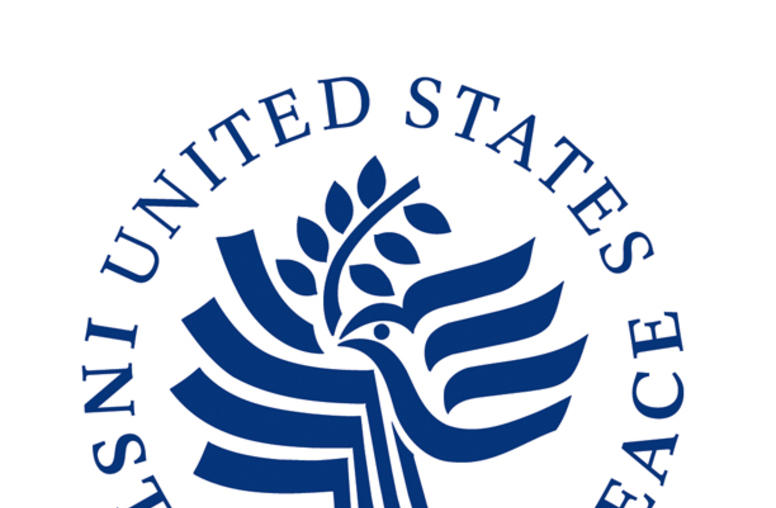
Religious Politics in Iraq
Will the numerically dominant Shiite majority be open to full political collaboration with the Sunni and Christian minorities? Or will the Shiites seek opportunities for dominance?
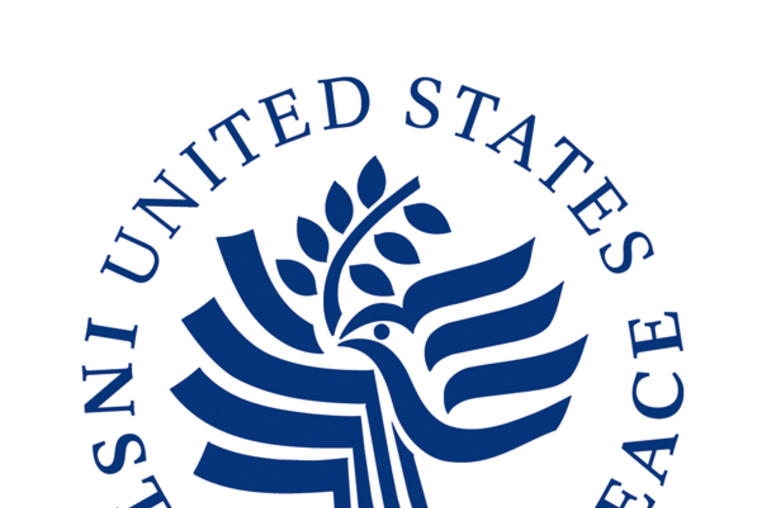
Post-War Iraq: The Immediate Imperatives
As the situation in Iraq moves into the post-war phase, what needs to be done right away to stabilize the country, and who needs to do it?
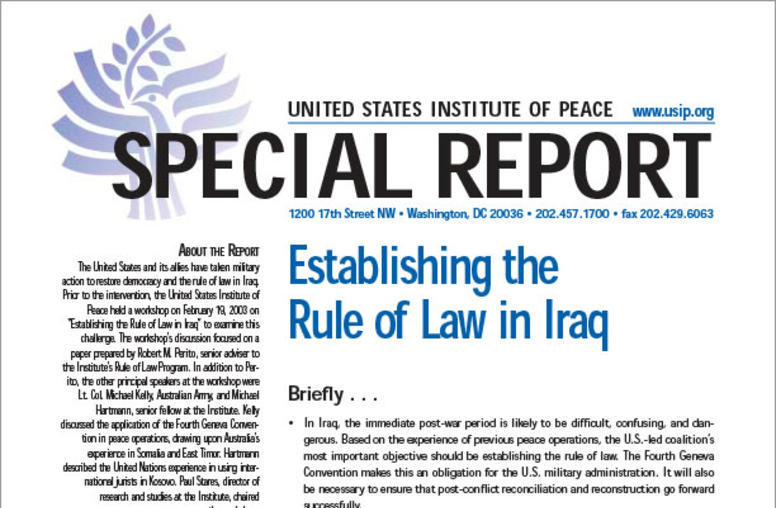
Establishing the Rule of Law in Iraq
Summary In Iraq, the immediate post-war period is likely to be difficult, confusing, and dangerous. Based on the experience of previous peace operations, the U.S.-led coalition's most important objective should be establishing the rule of law. The Fourth Geneva Convention makes this an obligation for the U.S. military administration. It will also be necessary to ensure that post-conflict reconciliation and reconstruction go forward successfully. Saddam Hussein exercised power in Ira...
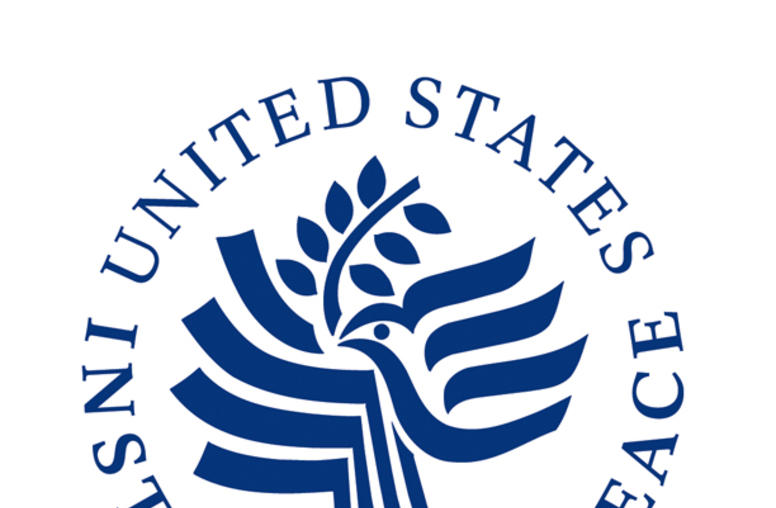
Humanitarian Responses to a War in Iraq
In the event of a war with Iraq, there will be a critical need to protect civilians and provide humanitarian assistance in a highly unstable environment.
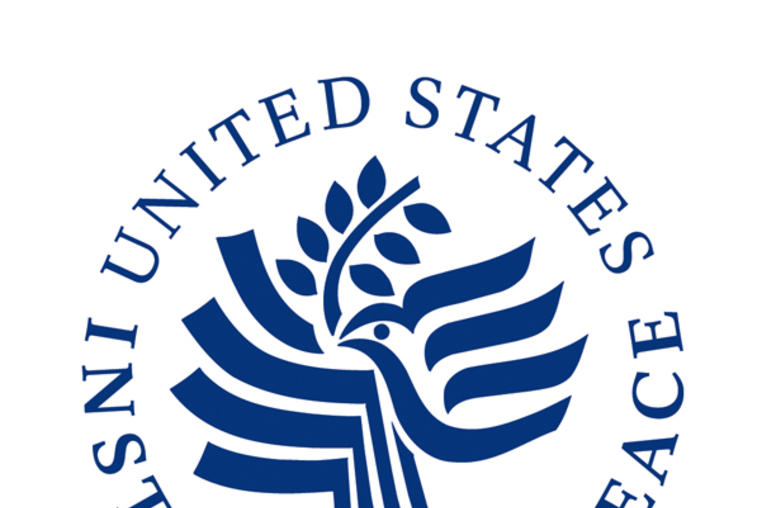
Sectarian Reconciliation in Post-Conflict Iraq
The Hussein regime has exploited tensions between the diverse religious and ethnic communities within Iraq for its own political gain. How have Saddam Hussein's policies affected relations between Kurds, Sunni and Shi'a Muslims, and other religious and ethnic groups within Iraq?
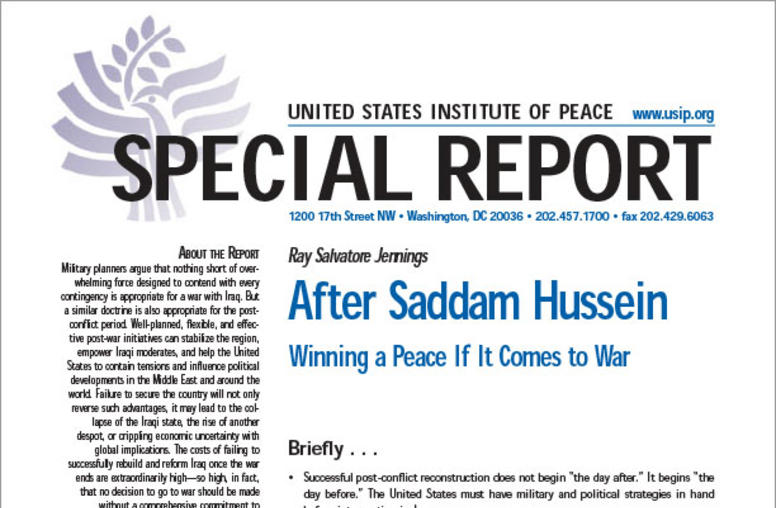
After Saddam Hussein: Winning a Peace If It Comes to War
Military planners argue that nothing short of overwhelming force designed to contend with every contingency is appropriate for a war with Iraq. But a similar doctrine is also appropriate for the post-conflict period.
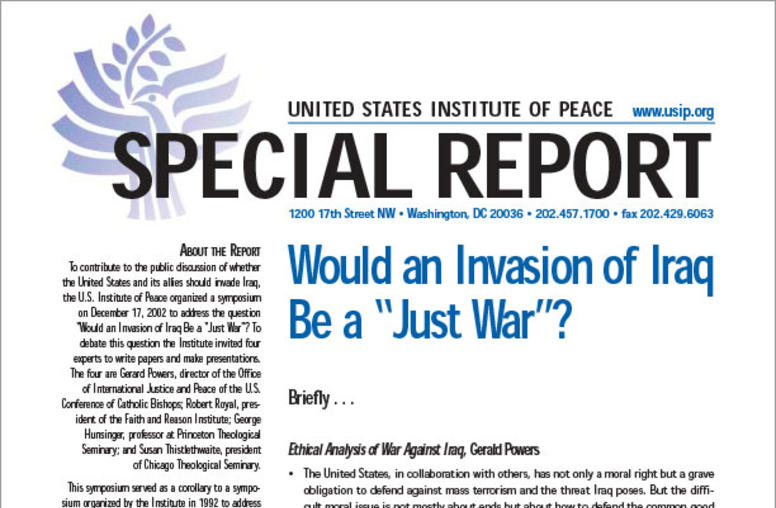
Would an Invasion of Iraq Be a "Just War"?
Summary Ethical Analysis of War Against Iraq, Gerald Powers The United States, in collaboration with others, has not only a moral right but a grave obligation to defend against mass terrorism and the threat Iraq poses. But the difficult moral issue is not mostly about ends but about how to defend the common good against such threats.
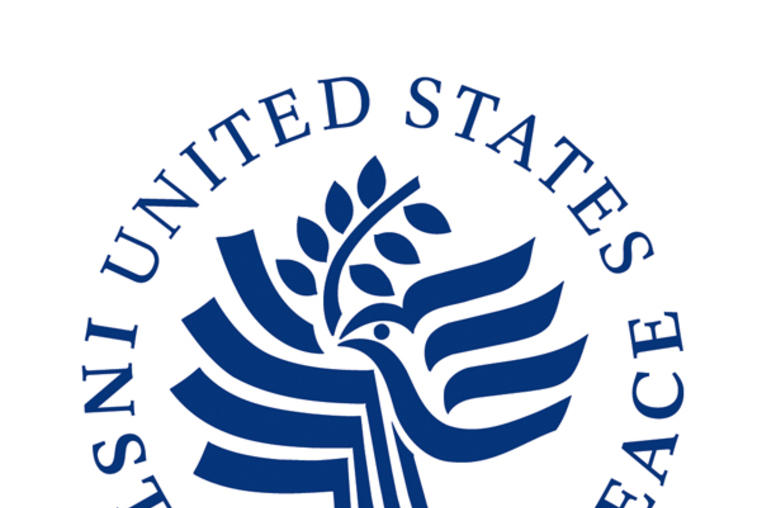
Marshland Arabs of Iraq
The near total destruction of the vast marshlands of southern Iraq by Saddam Hussein's regime has had significant ecological consequences and devastated the 500,000 Ma'dan or "Marsh Arab" people, who have populated the area for 5,000 years.
1998-1999 National Winning Essay
Jean Marie Hicks St. Thomas More High School Rapid City, SD “Too little, too late” often in the prevention of violent conflicts holds true (Peck). When the roots of the problem are not identified in time, violence becomes the solution. Preventive diplomacy, one way of avoiding conflicts, can be defined as “action to prevent disputes from arising among parties to prevent existing disputes from escalating into conflicts, and to limit the spread of the latter when they occur” (Boutros-Ghal...
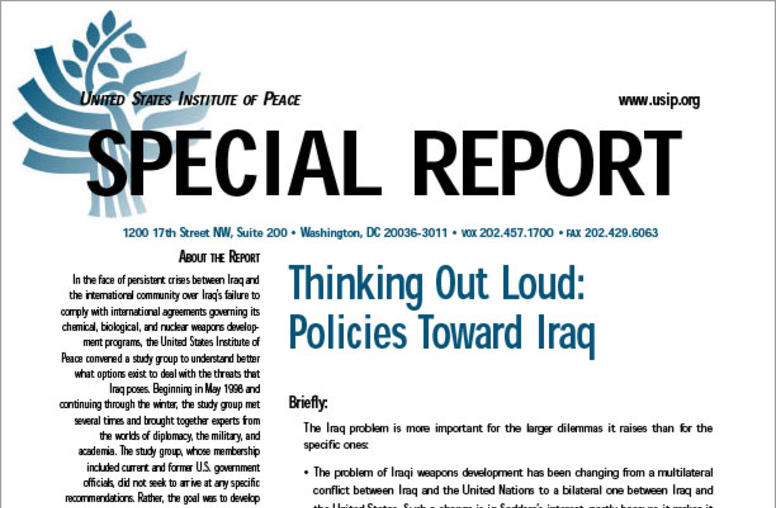
Thinking Out Loud: Policies Toward Iraq
In the face of persistent crises between Iraq and the international community over Iraq's failure to comply with international agreements governing its chemical, biological, and nuclear weapons development programs, the United States Institute of Peace convened a study group to understand better what options exist to deal with the threats that Iraq poses.